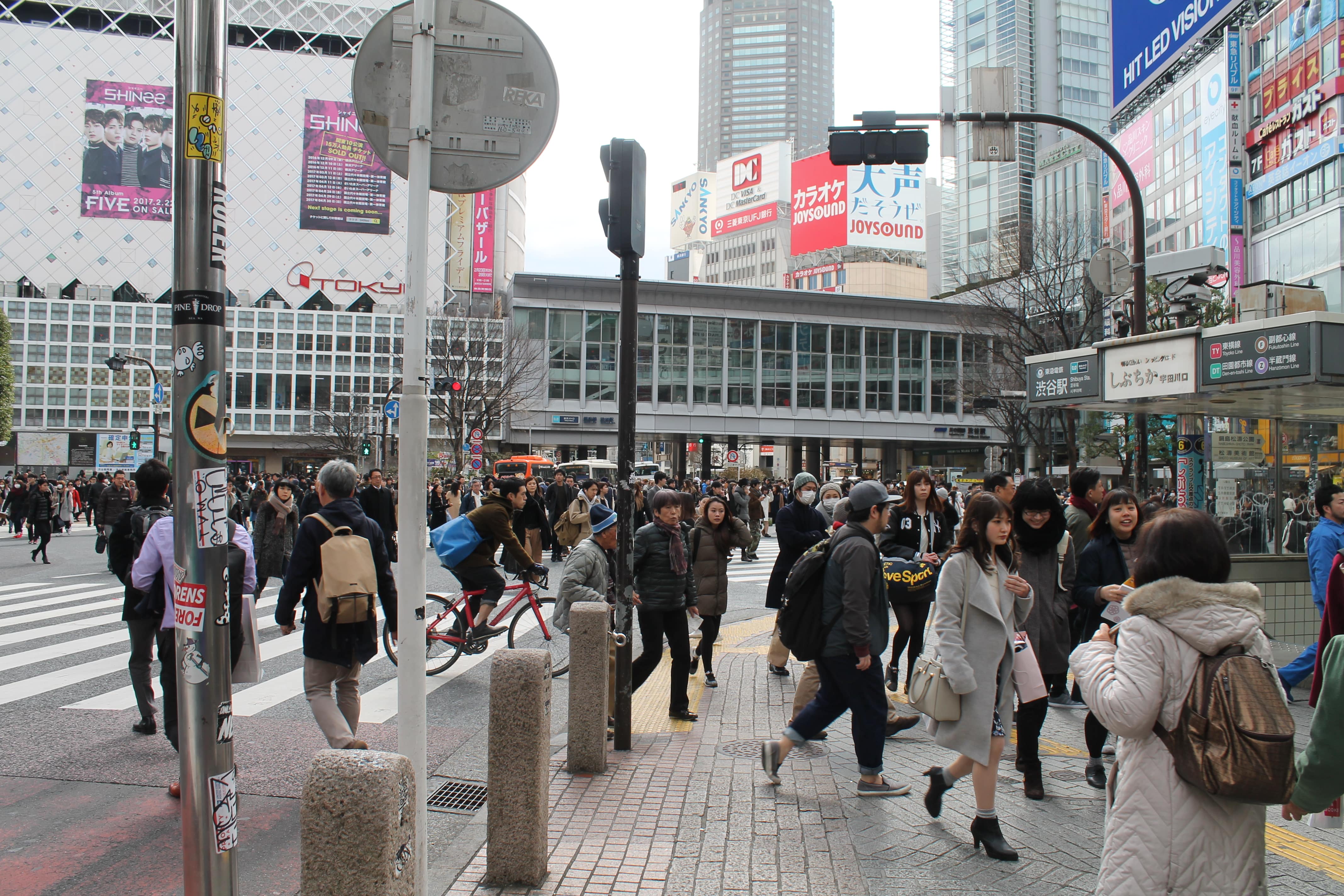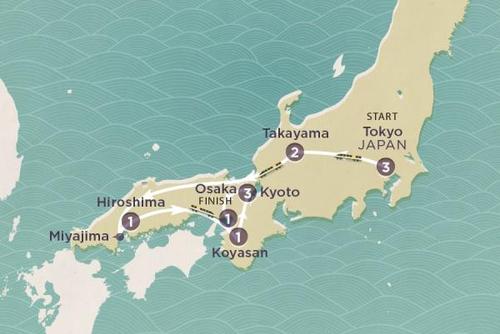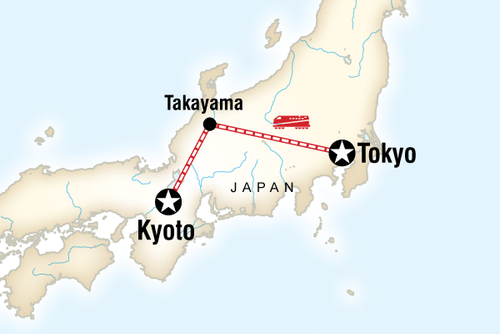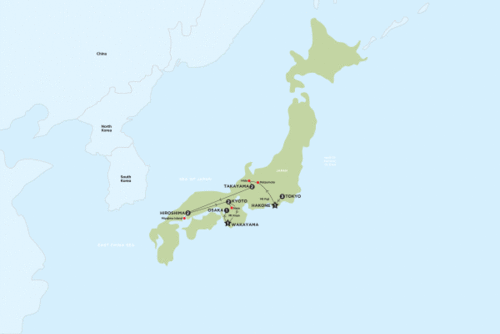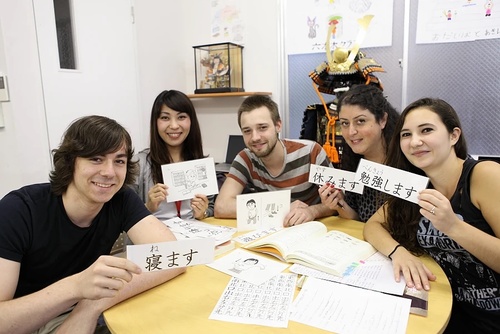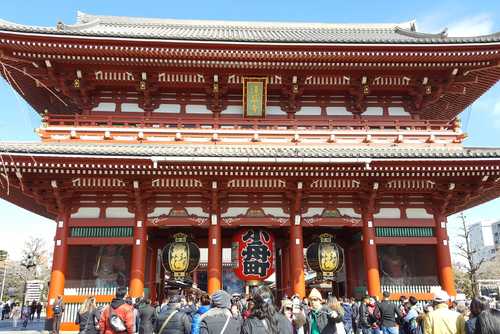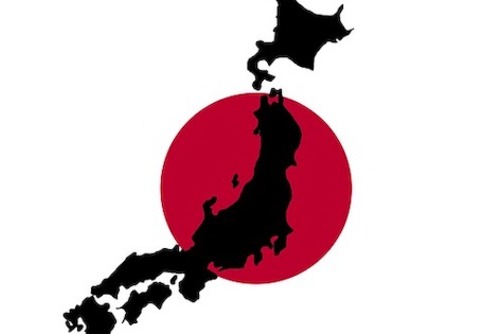Teaching English Japan is an incredible experience and Tokyo is a city that truly has something for everyone, day and night. I promise you will have never before experienced anything quite like the eclectic mix of people, architecture, and events that Tokyo has to offer.
However, before you jump on the next flight, there are some important points to work out first.
If you haven't yet got qualifications you can take TEFL courses in Japan, or study online before arriving. This will really help make the adaption to working in Japan easier.
Although Tokyo is gradually becoming more foreigner-friendly, it’s likely that you’ll soon come up against some common issues for foreigners in Japan, especially if you can’t speak Japanese - which leads me into the first of my Tokyo Prep: Dos and Don'ts…
DO: Learn the language basics
If you’re already doing this: great! Keep going! The more you know, the better.
For those who haven’t started yet, don’t worry, there’s been loads of English teachers in your position, myself included. Learning the basics of Japanese, everyday stuff is super important for living comfortably in Japan.
A good place to start is by memorising the most common phrases you’ll encounter in the places you’ll frequent most - work, grocery stores, public transport and so on. I brought a pocket phrasebook with me at first, and manually made notes of the new words and phrases that I discovered each day.
The next aspect of the language you’ll need to learn on is two of the three writing systems - hiragana and katakana (don’t worry about kanji yet, you’ll only want to cry). It takes several hours of practice but you’ll thank yourself when the world around you makes a little more sense! I initially learned to recognise hiragana and katakana using the Memrise iPhone app as it is interactive and feels more like a game.
Also - the photo feature Google translate mobile app is a blessing for translating labels when out shopping!
DON’T: Rush the renting process (unless your employer provides your apartment, you lucky thing)
If I could travel back in time and tell myself one thing, it’d be to think more thoroughly about where and how I want to live. I arrived in the middle of a hot and humid summer and I just wanted a place to lay under the air conditioning, eat matcha ice cream and be left alone until October.
Unfortunately this meant I ended up in an apartment I wasn’t happy in, in a quiet neighbourhood far from the bustle of the city that I craved. I didn’t have a clue about the geography of the city and the renting market in Tokyo is kind of brutal, even more so for non-Japanese tenants.
The start up costs can be very steep - expect to pay up to three months rent in nonrefundable fees - and it’s completely acceptable for a landlord to reject your application because of their strict “no foreigner” policy. Yep.
Before you cancel that flight you were just about to jump on, though, I promise it’s not all bad! Last month I moved out of my boring apartment into a share house, which I cannot recommend enough if you’re on a budget and you want to make friends from all over the word.
Generally the start up costs are MUCH lower than renting your own place, and there are no penalties for leaving before two years has lapsed like there are for most individual apartments. I now live in a spacious five-bedroom apartments with some really cool girls in a much livelier area.
My suggestion would be to research the train line that your school is accessible by, then research the kind of areas you’re interested in living in (if you care about being near, say, a large park or the best nightlife) and find a place that strikes a decent compromise between the two.
Remember, this is your life for the foreseeable future, so don’t feel pressured or confused into somewhere you aren’t sure of. The best defence is knowledge, and if you know little to nothing about Tokyo’s many areas, I highly recommend Tokyo Cheapo’s area guide for a place to suit you on a budget. In fact, I recommend the whole wonderful Cheapo site - but I’ll get back to that later.
DO: Learn etiquette
You’ve probably heard a lot of things about the strictness of Japanese etiquette, but from my experience you can’t go too wrong as long as you’re always polite and respectful - and quiet.
alking on the phone or being loud on public transport is a huge no-no in Japan, along with smoking and eating in the street. Also, crossing the road while the red man is lit will get you more than a few dirty looks.
As for communication, always greet the group when you walk into a room (with those new phrases you just learned!) and give a small bow when meeting new people or thanking someone for their work. The more senior the person, the lower the bow. It feels very unnatural at first but you’ll soon get used to it - many people who’ve lived here for a long time say they accidentally bow out of habit after they return to their own country!
Gifts are also a big part of Japanese culture - they’re called omiyage and they’re usually given to colleagues and friends from a person who’s been on a recent trip. I suggest bringing small (preferably edible) gifts that are native to your own country when you first arrive. A little gift goes a long way.
Lastly, garbage rules here are probably stricter than in your home country, so familiarise yourself with how garbage in your apartment is separated (burnables, PET bottles, glass, etc.) and the day that each is collected on.
There are very few bins in public areas and it’s usual to keep empty bottles and wrappers in a bag and dispose of things at home. Even McDonald’s has separate bins for liquid, plastic and paper waste, so pay attention!
DON’T: Expect to travel cross-country every weekend
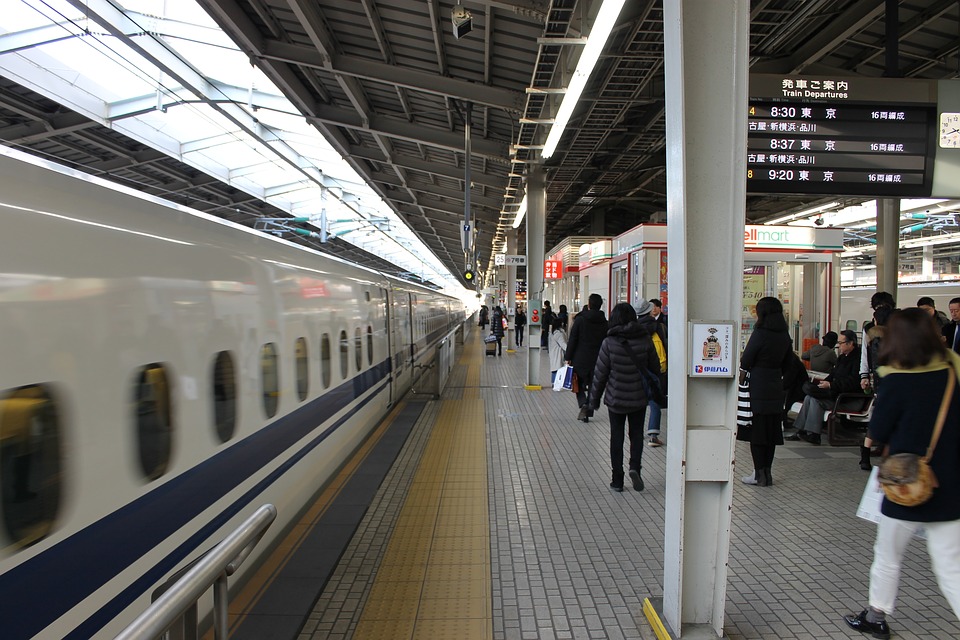
Unless you have a huge salary (in which case, tell me more!), your money won’t go quite as far here as in some other Asian countries, so expect some months to be less eventful than others.
Traveling by train in Japan like the Shinkansen (bullet train) is exciting and speedy but very expensive to use often, so if you’re looking to get away within Japan for cheaper, consider taking a flight or a night bus. These are some of the best ways to travel Japan on a budget.
However, the good news is that even when your Yen is running low, Tokyo has plenty of free and inexpensive offerings - the aforementioned Tokyo Cheapo is a proverbial goldmine for finding you the best low-cost activities and events around the city every week of the year, whatever your interest.
DO: Get involved with the local community
With social media and sites such as Meetup, it’s never been easier to find a group of like minded people here in Tokyo.
If fitness is your thing, there are several bilingual yoga and aerobics classes which are either free or cheaper than a gym membership, or if you’re eager to brush up on your Japanese with locals, there are international language exchange nights in bars and cafes. This is also the perfect time to pick up a hobby native to Japan, such as ikebana (flower arranging), tea ceremony, karate, or even karaoke!
Alternatively, you can get involved with an array of volunteering organisations in Japan - the wonderful Hands On Tokyo is one of these, in which members can view a calendar of volunteering events and sign up to those in which they feel they have the best ability to help.
Native English speakers are often wanting to participate in English classes for disadvantaged children and adults, and if you’re into sports there are such activities as soccer, tennis, and bowling every week. And finally:
DON’T: Be afraid to ask for help when you need it!
Being in a place so wildly different from anywhere else in the world is uniquely fulfilling and endlessly interesting, but it’s not without its difficulties. It’s only natural that things can get tough when you’re alone in a different environment, and it’s very common to experience culture shock in your first few months after moving here.
When you should come across an issue, it’s always easier with the help of others who know the country and the language. For me, moving apartments was one of the most stressful times for me, as I was left with the task of calling utilities companies - in Japanese.
Fortunately, my colleague very kindly offered to make the calls for me. Be sure from the get go that your school is able to offer you this kind of practical assistance because it’s almost certain you will need it at least once.
There are also thousands of expats here who have all been through these experiences, so being part of a community page on social media is very helpful when it comes to queries about the boring bits such as tax and student loans (sorry!).
There is also an organisation called TELL who specialise in phone and face-to-face counselling for the international community in Japan, though be aware that mental health services and counselling are not covered much by health insurance here.
Most importantly, forming meaningful connections with others and learning the language to the best of your ability will make your time here infinitely more rewarding.
Plan a Trip to Teach in Tokyo
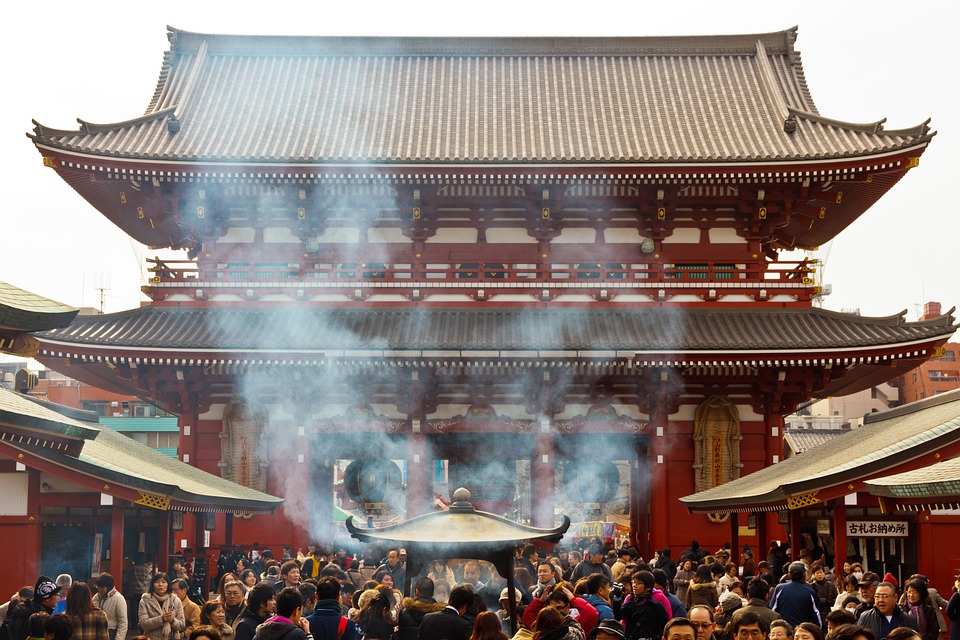
Tokyo really is an amazing city and one of the best places to teach English in Asia. I couldn't recommend the city highly enough, whether you are looking for a paid job in Asia or a gap year in Japan appeals, teaching is such a great opportunity.
By Stephanie Warden

